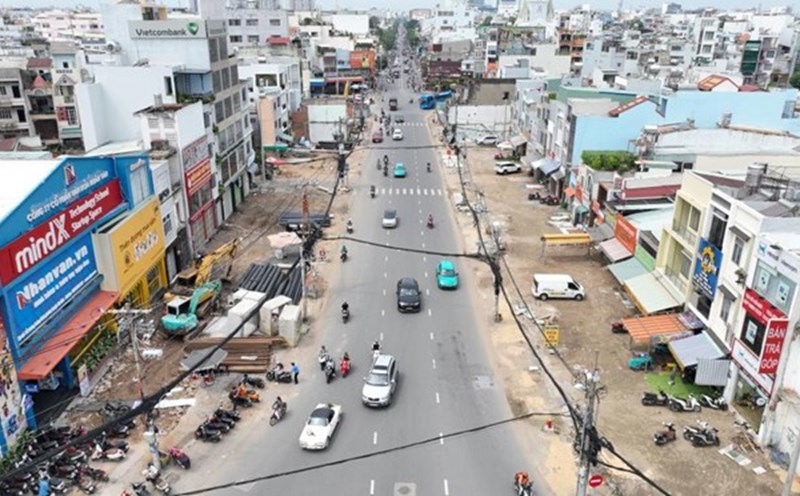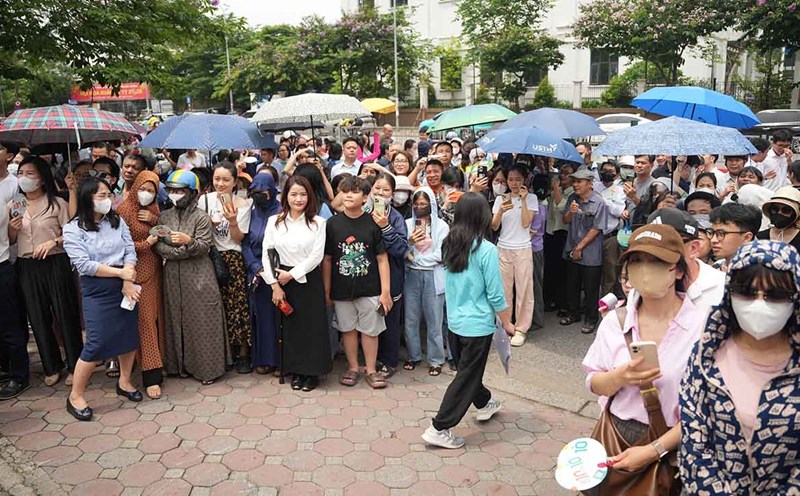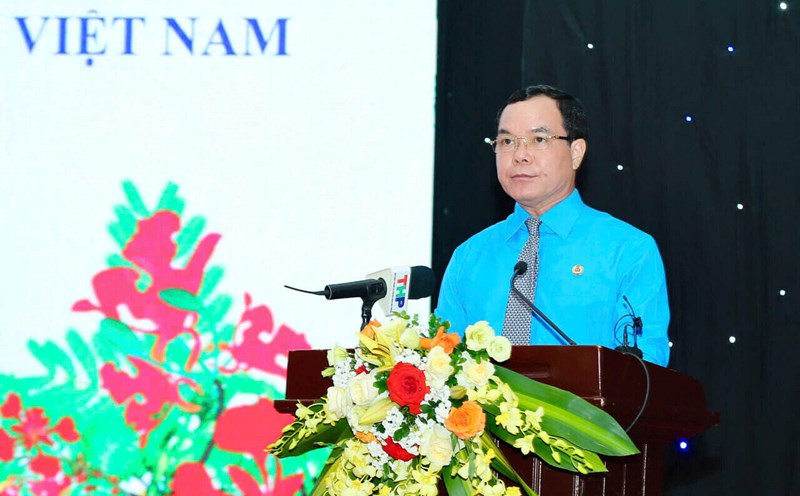More than 280 million comments from the people, with an approval rate of 99.75% for the draft, is a telling number. But what is more noteworthy is not only the numbers, but the way we have received people's opinions this time - most of which are contributed through the VNeID application.
This is the first time an important draft document has been widely consulted through the digital platform, with the participation of a large number of people nationwide. That is not only a new way of doing things, but an important step forward for each citizen to have a direct voice in the policy making process.
In previous years, activities to collect public opinions on major documents such as the Constitution were mainly through conferences, seminars, and residential group meetings, directly via paper forms or official email addresses. Despite many efforts to expand the channel to receive opinions, those forms are not really easy to access for many classes of people, especially young people.
That is not to mention, to get 280 million opinions in a very short time from the traditional method alone, it requires a huge workforce, which carries huge costs.
This time, a citizen, wherever they are, just needs a smartphone, with a few steps on the application, to be able to directly comment on one of the original laws of the country.
That not only helps save time and money for people and the State but also contributes to reducing pressure on the administrative apparatus in receiving and synthesizing opinions. More importantly, each voice of the people becomes more transparent, with clear electronic traces.
When the number of people accessing policies is greater and understanding the policy better, the social consensus for that policy will be more solid. That is one of the foundations of a democratic society: The people are not only the ones who are asked for opinions, but also the subject who understands and accompanies the law.
The initial success of collecting opinions through VNeID also opens up a very important direction for reforming the law-making process. If done better in the future, collecting opinions through digital platforms can become a default stage of all major draft laws and resolutions. At that time, the people's feedback channel will continuously open, unlimited by space and time, helping policy makers have more rich and vivid sources of practical data. Since then, the issuance of policies has become increasingly close to the people, close to the people and in line with the aspirations of the majority of people.











